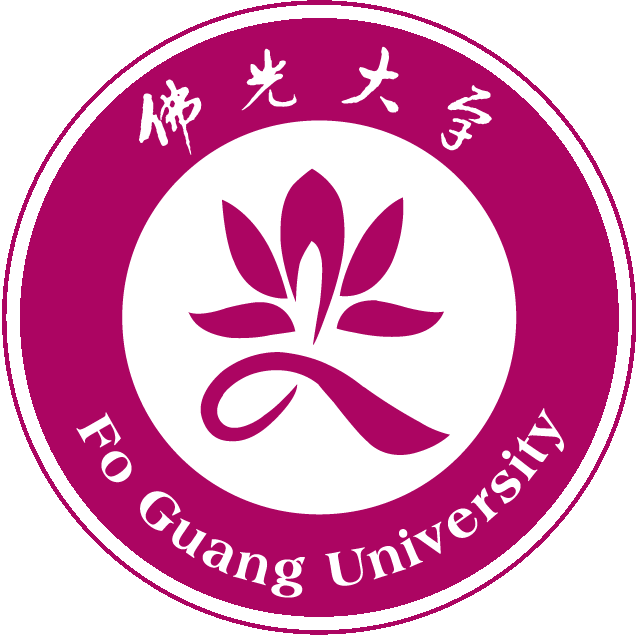Drawing on her extensive academic background and practical museum experience, Director Hsu provided an accessible yet in-depth explanation of contemporary museum development trends, emphasizing how the core functions of museums—Collection, Research, Exhibition, and Education—are transforming in the digital age. She pointed out that museums, as institutions for knowledge construction and cultural transmission, are actively establishing connections between diverse interpretations and personal meaning through exhibition planning and audience engagement.
Facing the wave of digital transformation, the National Museum of Taiwan History has adopted strategies of “methodological shift,” “technological shift,” and “goal-oriented shift” to drive transformation and innovation, striving to create a digital space for knowledge co-creation and interdisciplinary learning. Through AI applications to optimize collection management and knowledge service processes, and by integrating online exhibitions, open databases, interactive learning resources, and the “National Cultural Memory Bank 2.0” platform through the “Digital NMTH” section, historical education has transcended spatial and temporal limitations, becoming more accessible to the general public.
The lecture also shared numerous practical cases, including virtual exhibition design, gamified learning modules, and open data utilization methods, demonstrating how the National Museum of Taiwan History uses digital technology to bridge the gap between the public and history, practicing the concept of “distant but not disconnected.” Additionally, Director Hsu presented several publications from the National Museum of Taiwan History to the Fo Guang University Library. The event concluded with enthusiastic responses from attendees and a book giveaway activity, encouraging participants to actively consider the application potential of digital tools in teaching, research, and knowledge development.
The second lecture in this workshop series will be held on May 22, featuring Wang Yao-Feng, Director of the Department of Cultural Creativity and Marketing at the National Palace Museum, who will further explore practical experiences in digital archives, cultural and creative management, and brand licensing, aiming to deepen faculty and students’ understanding and practice of museum digitization and cultural innovation.
 |
 |
 |
 |
 |
 |
 |
 |


